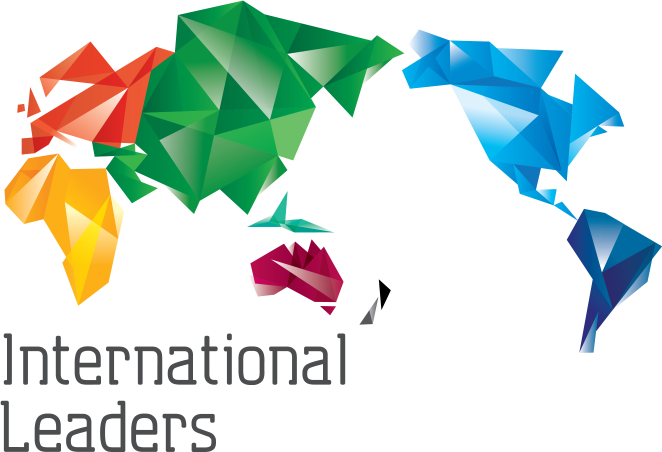Looking back to look ahead: What does the future of tendering hold?
By David Lunn & Nigel Dennis | BidWrite


Striving to be the best at all things bidding
Who’d have thought that a business started in a Perth home office by two friends on a clunky desktop would grow into an award-winning organisation, boasting a team of 30 staff across four locations?
In 2008, we founded BidWrite on a hunch that our complementary bidding and procurement professions made for a powerful combination. It seems our hunch was correct.
Fast forward to 2023. As we celebrate BidWrite’s 15th birthday this provides an opportunity to reflect on how the tendering industry has evolved since BidWrite’s inception, and to ponder what the future of the tendering industry might look like.
Fifteen years of evolution.
Advancements in technology have hugely impacted tendering and the way buyers and sellers interact. We’ve seen technological improvements across the tendering landscape – from how we form bid teams, connect, collaborate and write bids, right through to submitting our responses online. Technology also makes its way into how bids are evaluated and the way the resulting contracts are managed. But it isn’t the only thing that’s made leaps and bounds.
In 2008, the proposal writing profession was in its infancy and the ANZ Chapter of the Association of Proposal Management
Professionals (APMP) didn’t yet exist. Today, the bidding profession has gained significant traction and the APMP ANZ Chapter has grown to
become the fourth largest of 28 chapters worldwide.
What does the future hold for tendering?
We foresee an increasing blurring of boundaries between suppliers and buyers, with both working more closely together throughout the various stages of the tendering process to secure better outcomes for all. We also expect to see less one-off, complex, competitive RFTs (Requests for Tender) in favour of more ongoing, performance-based contracts and panels. To support this, genuine personal interactions and relationship management skills will be paramount.
We also predict a wider adoption of the practice of proactively preparing for RFTs – well ahead of their release. Strategic sellers understand that this is often where bids are won (or lost). As a consequence, we’re seeing many organisations ‘left-shift’ their way to better positioning efforts, long before the bid open period.
And of course, the influence of AI technology can’t be ignored. In the not-too-distant future, generative AI technology and machine
learning will very likely replace much of the basic, labour-intensive first draft work involved in writing a tender response. This will
lower bidding costs and allow specialised bid professionals to spend more of their valuable time on the strategic, human elements of
tendering – an increasingly crucial element of winning contracts.
Competitive tendering is sure to continue.
In fifteen years, one thing hasn’t changed.
Large organisations will always need to prove that goods and services are being efficiently purchased by inviting offers from competing
providers. This reassures us that bid consulting services will remain in high demand, along the way embracing the changes, challenges and
opportunities that the industry and evolving technology presents. With that in mind, we look forward to contributing to the tendering
industry for many more years to come.
David Lunn and Nigel Dennis are co-founders of BidWrite, a
specialised, multi award-winning tender and proposal management services company based in Perth.
If you want to keep up with all things bidding, follow BidWrite on
LinkedIn, or sign up to their BidTalk
mailing list here.

